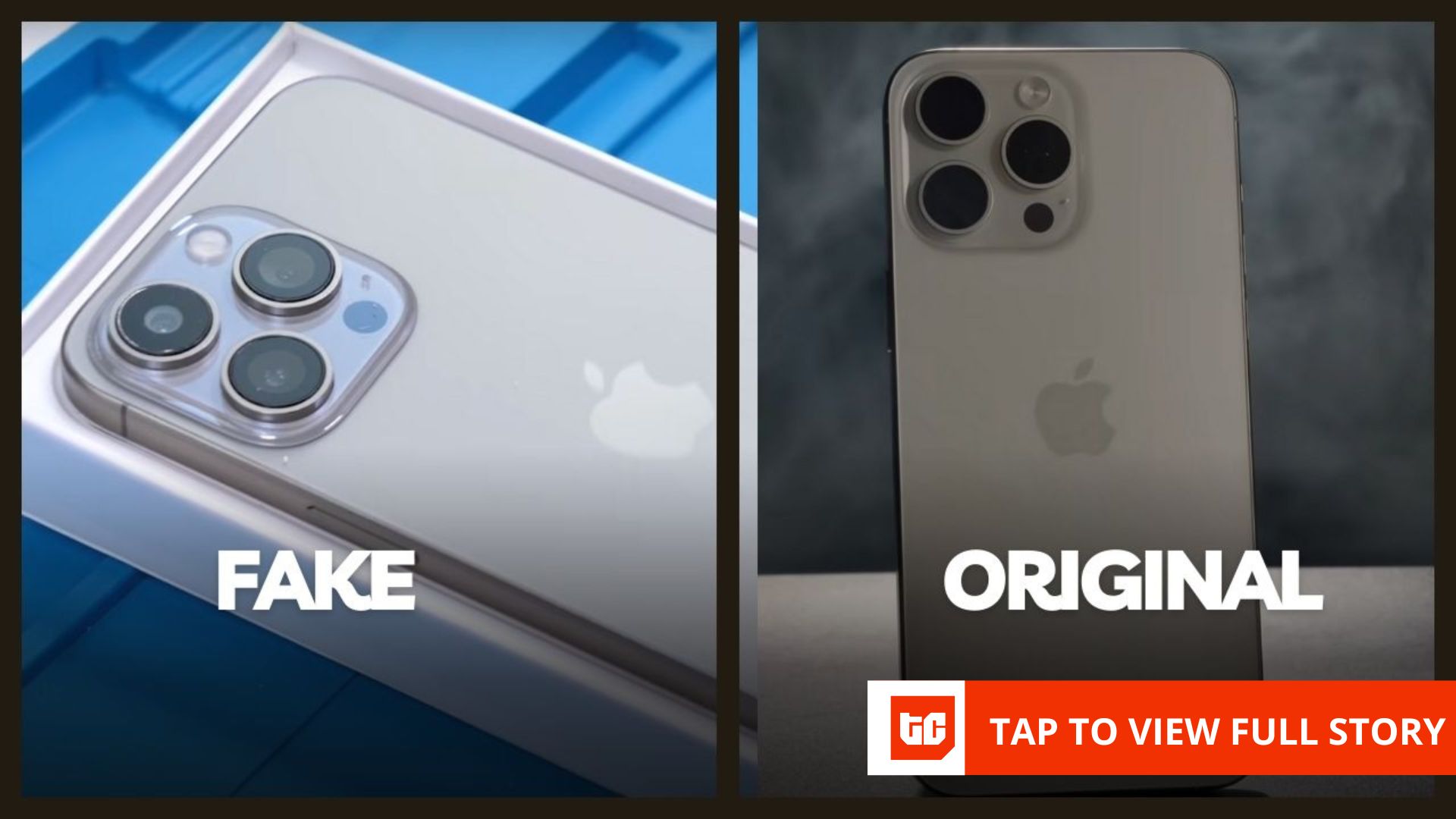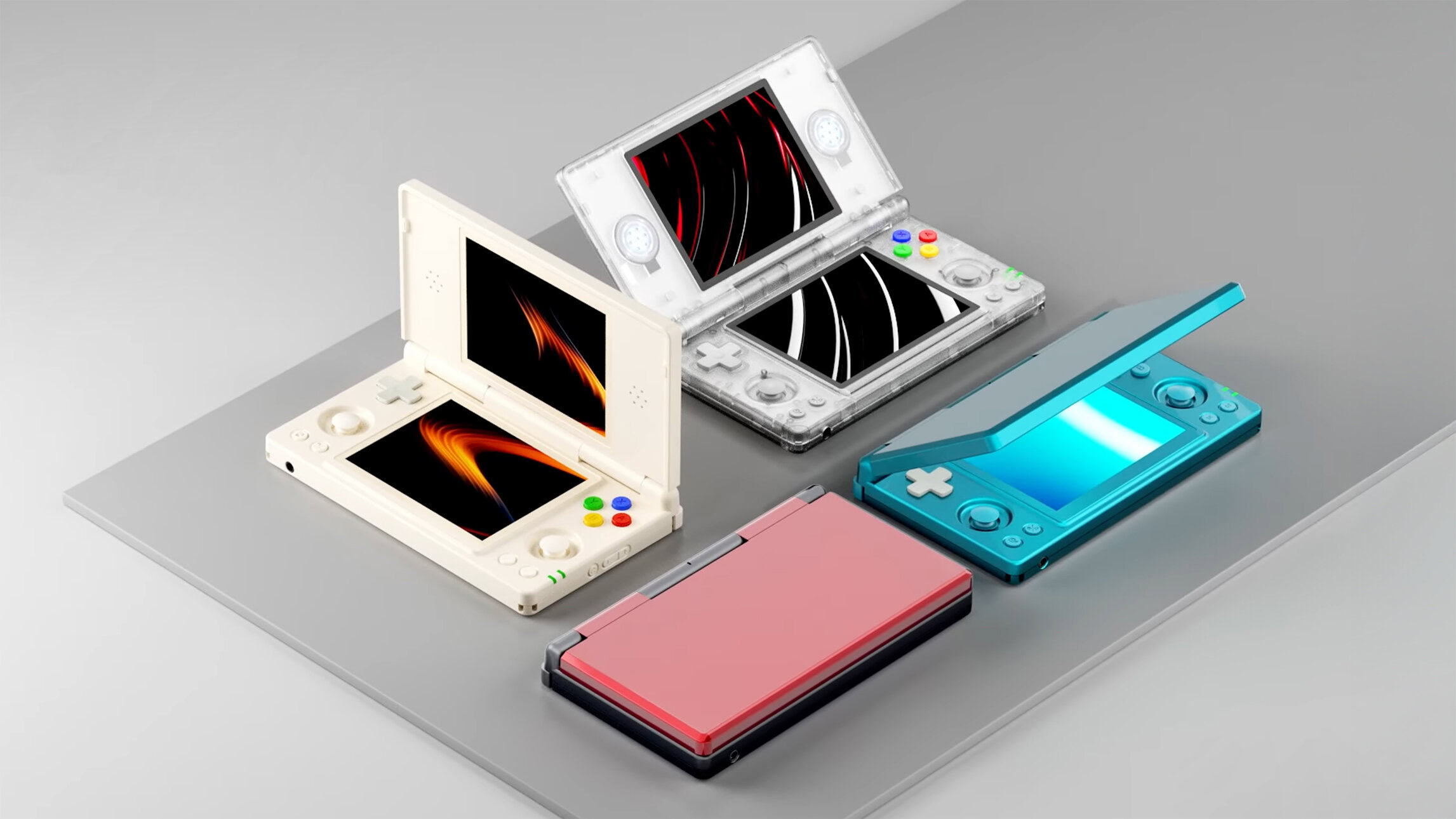The Nigerian Communications Commission (NCC) is finally implementing a long-delayed Device Management System (DMS) that could block fake, cloned, or stolen phones from connecting to the country’s mobile networks.
The regulator told that the DMS, which has been in development for nearly a decade, will help “monitor, manage, and secure” Nigeria’s 200 million-strong telecommunications market.
The system is being rolled out through a Public-Private Partnership (PPP) arrangement and is designed to help the NCC track all mobile devices in the country through their unique International Mobile Equipment Identity (IMEI) numbers.
The rollout marks one of the most ambitious attempts yet to bring order to Nigeria’s device market, where counterfeit phones and unregistered imports account for a significant share of sales. It also raises new questions about privacy, affordability, and how far regulators can go to protect users without locking them out of the system they’re meant to secure.
The NCC said implementation of the framework will be gradual.
“It is only needed to ensure substandard and fake devices can be prevented from connecting to the networks due to the harmful impact these devices have on the quality of services and online safety of the users,” the commission said in a response.
Counterfeit devices remain a major challenge in Nigeria, with some reports suggesting that as many as four in ten tech gadgets, including mobile phones, are fake or substandard. Economic pressures, including rising inflation, unemployment, and low purchasing power, have made cheap counterfeit phones an attractive option for many consumers, despite the safety and security risks they pose.
Phone theft has also become alarmingly common. Between May 2023 and April 2024, an estimated 25.35 million phones were stolen, making it the most frequently reported crime in the country, with a prevalence rate of 13.8%. Most incidents occur in homes or public spaces, and while nearly nine in ten victims report the theft to the police, only about 11.7% ever recover their devices.
Cracking down on counterfeit devices
Nigeria’s device market is massive and messy. According to the NCC, more than 132 million unique mobile devices were connected to local networks in 2020, with about 63 million new devices sold annually. Yet a significant portion of these are counterfeit, cloned, or smuggled phones that evade quality checks and taxes.
The NCC says the new DMS will act as a “single control point” for all telecom devices, enabling regulators to identify and block any phone that doesn’t meet national standards or was not type-approved. When the system becomes fully operational, mobile phones flagged as stolen or fake will simply stop working with their IMEI numbers blacklisted and disconnected from all Nigerian networks.
“The DMS will integrate IMEI data into the NCC’s type approval process so that illegal or stolen devices are rendered inoperable,” the Commission said in a guideline.
Beyond curbing counterfeit phones, the DMS has a national security dimension. Nigeria has long struggled with the use of cloned and untraceable phones in crimes ranging from kidnapping and fraud to terrorism.
Counterfeit devices, the NCC warns, pose risks that go far beyond poor performance. Some devices even come preloaded with ransomware that can lock users out of their phones or keyloggers that capture passwords and sensitive information.
“Some of these fake devices have been used by criminal networks, including terrorist groups like Boko Haram,” the NCC said. “A proper device registry allows us to trace phones, prevent data theft, and protect national security interests.”
A decade in the making
Talks around a national DMS began as far back as 2015, when the NCC and the Mobile & Wireless Forum (MWF) convened industry stakeholders to address the growing threat of counterfeit ICT devices. Those discussions led to the creation of a standing committee and eventually to the DMS framework, which was released in 2022 and has now been certified by the Infrastructure Concession Regulatory Commission (ICRC) for implementation under a PPP model.
The system will be similar to those deployed in India and Lebanon, where governments use IMEI-based registries to block counterfeit devices and ensure that imported phones comply with customs and tax regulations. In India, for example, stolen phones are automatically blocked across all networks, and traceability data is shared with law enforcement.
In Lebanon, the Mobile Identity Registration System (MIRS) is directly tied to the taxation of imported devices. New or used phones that haven’t had their customs duties paid are automatically blocked from connecting to mobile networks until the taxes are settled.
Some telecom experts believe Nigeria’s DMS could eventually evolve in a similar direction. “The reasons given are ‘fake, substandard, and counterfeit devices,’ but such a system can go much wider, including taxing devices,” said one senior telecom executive familiar with the project who asked not to be named. “If implemented poorly, it could cause chaos — imagine if people have to register their phones manually or pay new fees before their devices are allowed on the network.”
The executive warned that legitimate users could find their phones blocked by mistake if data errors occur or definitions of “counterfeit” are applied too broadly. “Even if you bought a genuine phone abroad, you might have trouble using it locally,” he said. “The potential for disruption is huge.”
Who’s involved and how it will work
The DMS implementation involves multiple government agencies beyond the NCC. The Ministry of Communications, Innovation, and Digital Economy oversees the policy direction, while the Nigerian Customs Service (NCS) will help identify unapproved imports. The Standards Organisation of Nigeria (SON) will verify device quality through its SONCAP certification system, and the National Information Technology Development Agency (NITDA) will monitor compliance with data protection laws.
Once fully operational, the DMS will maintain a national database of all registered IMEIs and their owners. When a phone connects to a Nigerian network, the system will verify its IMEI against this database. Any device reported stolen, duplicated, or unapproved will be disconnected automatically.
Balancing security, privacy, and access
While the NCC insists that the DMS is a necessary tool for securing the telecom ecosystem, critics say it could also become a surveillance mechanism, giving the government the ability to track devices and users more closely than ever before.
“Even leaving aside the sinister aspects, can you imagine the chaos if everyone had to register their phone?” the telecom executive said. “How do you determine what’s fake or stolen without mistakes? It could create confusion and even restrict access for law-abiding users.”
Wole Adetuyi, CEO of Swift Telephone Network, an internet service provider, also warns that without strict oversight, the system could lead to overreach, as DMS technology inherently involves large-scale device tracking. The NCC, however, maintains that the system will comply with NITDA’s Data Protection Regulation (NDPR), which restricts how personal data, including IMEI numbers, can be collected and shared.
The stakes are high
Nigeria’s telecom market is one of the largest and fastest-growing in Africa, with over 200 million active lines and billions of dollars in annual revenue. The DMS project, if executed effectively, could strengthen consumer protection, improve device quality, and enhance national security. But if mishandled, it could disrupt millions of users, undermine trust, and add another layer of bureaucracy to an already complex telecom ecosystem.
For now, what’s clear is that the NCC is finally moving ahead with an initiative that has been “around as an idea for a decade.” The real test will be in how it balances enforcement with accessibility, ensuring that in the fight against fake phones, genuine users aren’t caught in the crossfire.
Mark your calendars! Moonshot by is back in Lagos on October 15–16! Meet and learn from Africa’s top founders, creatives & tech leaders for 2 days of keynotes, mixers & future-forward ideas. Get your tickets now: moonshot..com









